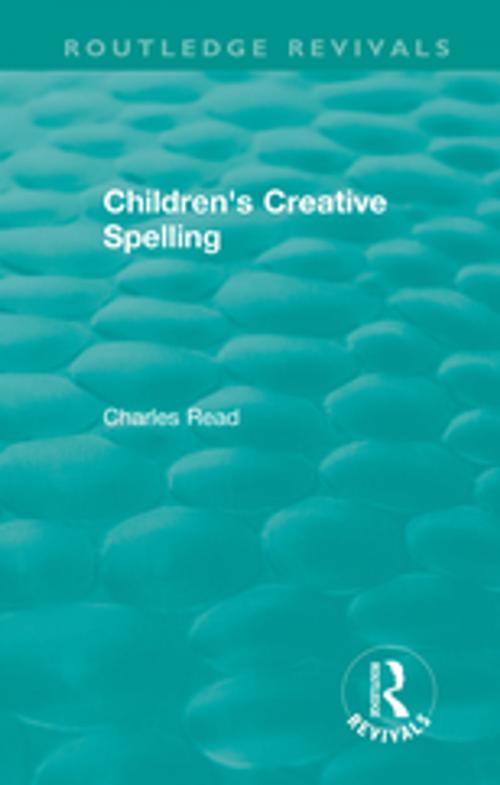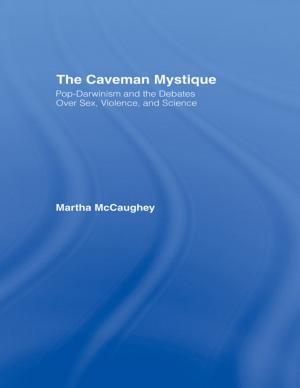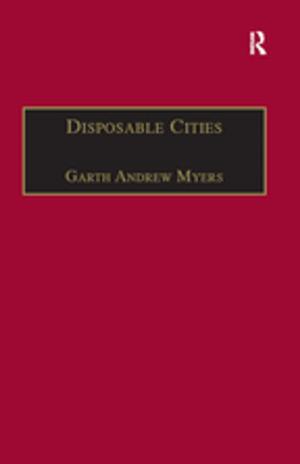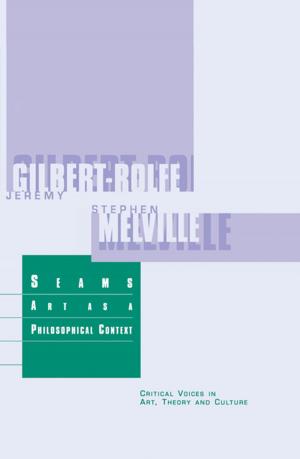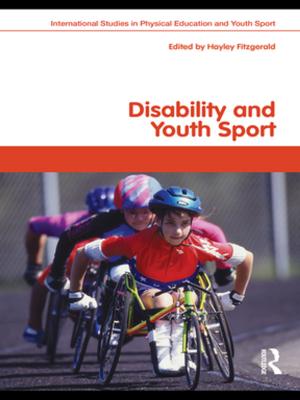| Author: | Charles Read | ISBN: | 9780429950353 |
| Publisher: | Taylor and Francis | Publication: | June 4, 2018 |
| Imprint: | Routledge | Language: | English |
| Author: | Charles Read |
| ISBN: | 9780429950353 |
| Publisher: | Taylor and Francis |
| Publication: | June 4, 2018 |
| Imprint: | Routledge |
| Language: | English |
In this study, originally published in 1986, Professor Charles Read examines the ways in which pre-school and primary children create spellings – or misspellings, as they appear to be. He focuses on the hidden phonetic bases for some frequent patterns in young children’s spelling, both in and out of school.
Professor Read examines children’s spelling in other languages (Dutch, French, Spanish) as well as in various dialects of English, in order to see the influence of other sets of speech sounds and other standard spelling systems. Overall, the evidence suggests that children are very much affected by phonetic characteristics, as they tend to spell alike certain classes of speech sound which are indeed phonetically similar. In devising spellings, children can be remarkably independent and inventive in an activity which for adults is anything but creative, and Professor Read suggests ways in which educators can build upon this creativity.
In this study, originally published in 1986, Professor Charles Read examines the ways in which pre-school and primary children create spellings – or misspellings, as they appear to be. He focuses on the hidden phonetic bases for some frequent patterns in young children’s spelling, both in and out of school.
Professor Read examines children’s spelling in other languages (Dutch, French, Spanish) as well as in various dialects of English, in order to see the influence of other sets of speech sounds and other standard spelling systems. Overall, the evidence suggests that children are very much affected by phonetic characteristics, as they tend to spell alike certain classes of speech sound which are indeed phonetically similar. In devising spellings, children can be remarkably independent and inventive in an activity which for adults is anything but creative, and Professor Read suggests ways in which educators can build upon this creativity.
